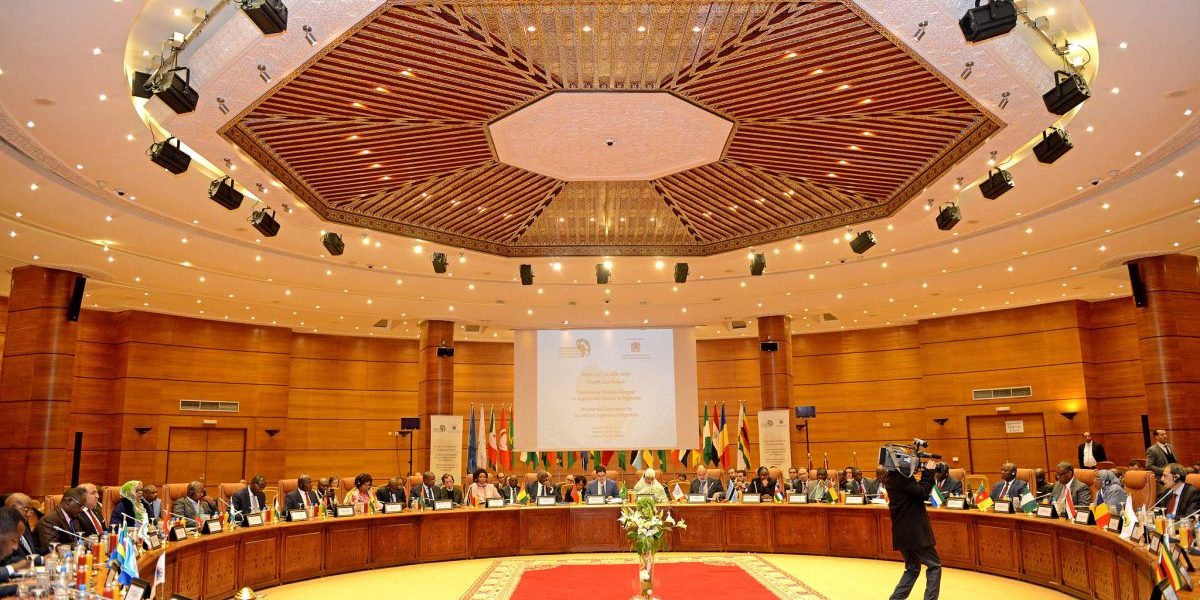The parliament was launched in an era when leaders have vowed to improve governance and alleviate poverty in Africa. Its members can use their platform to demand that governments fulfil this promise by investigating and publicising poor management at both continental and national levels.
Oversight can make the vital difference between an effective parliament and an assembly of talking heads who do little more than endorse executive decisions. Although the fledgling parliament has no legislative power during its early years, it can debate issues of continental import and make recommendations to the African Union (AU) Commission and its heads of state.
Among the key issues on the agenda for this session was the peer review mechanism, a voluntary appraisal of governments’ economic and political management performance by fellow Africans. The assembly passed a resolution “to urge their governments to accede to peer review as a demonstration of their commitment to democracy and good governance in Africa”.
But it did not go as far as it could (and should). The review mechanism requires that each country’s review report and recommended plan of action be publicly tabled in the parliament. At every sitting, it should compel MPs to report on their government’s progress in implementing the national action plan in the period between one review and the next.
The parliament should also scrutinise the budgets of AU organs, such as the AU Commission and the Peace and Security Council, and make recommendations to streamline bureaucracies, reduce wastage and improve efficiency.
The parliament passed resolutions commending the AU’s prevention of an unconstitutional takeover of power in Togo, but was conspicuously silent on widely reported abuses of election guidelines in Zimbabwe’s March election, which the AU’s observer mission has questioned, signalling that the assembly may be loath to challenge transgressions that are tacitly supported by many African governments.
The mechanism by which MPs are selected to represent their countries in the parliament merits scrutiny. MPs from countries such as Uganda, to all intents a one-party state, surely lack credibility? Libyan MPs are even less representative, as Libya has no national assembly. Yet the parliament elected a Libyan as its vice-president for north Africa, endorsing an undemocratic government.
Pan African Parliament president Gertrude Mongella’s Tanzania recently proposed constitutional changes to allow its president, Benjamin Mkapa, to contest a third term, despite AU standards that oppose such moves.
The parliament has had more than a year to set up structures, nominate office bearers and organise itself. It’s time to focus on pertinent issues that can improve governance in Africa.
If the parliament is to evolve into more than a talk shop, representatives must dare to raise the level of debate. The body courageously risked the Sudanese government’s displeasure by recommending disarmament of the Janjaweed militia in Darfur, and must now muster the nerve to challenge other transgressions of Africa’s governance and human rights standards.
Unless it rises to this challenge, the continental parliament will be lumbered with comparisons with its soft and malleable acronym, pap.








